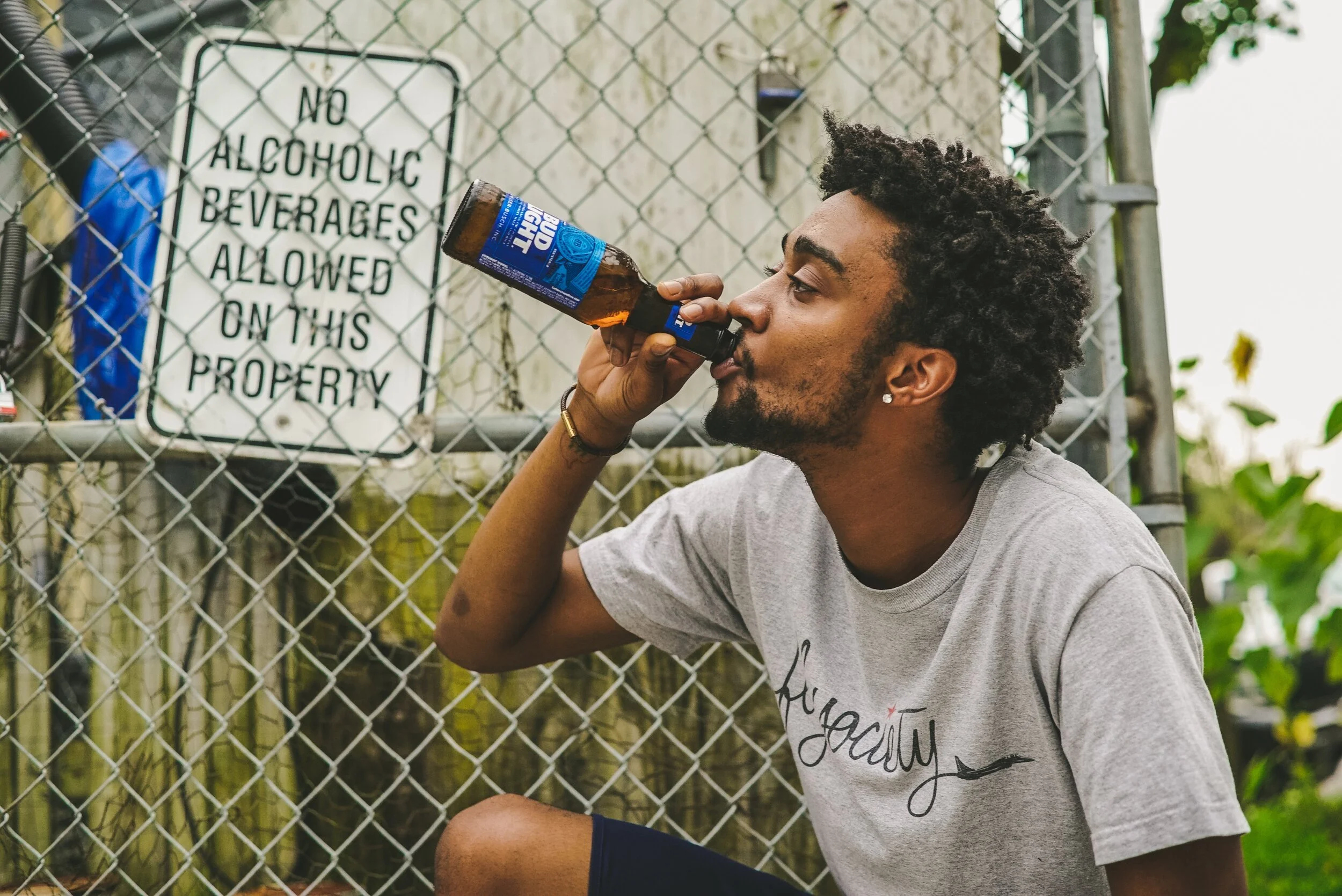Character evidence is probably the most common type of evidence we get questions about: can I talk about how bad a person a victim was? Can I tell the jury about a specific bad thing the victim did? The very short answer is rarely, but sometimes.
First of all: what IS character evidence? Louisiana Code of Evidence Article 404 says that it is “evidence of a person’s character or a trait of his character, such as a moral quality.” Which pretty much defines the word using the word. Dictionary.com defines character as: “(1) the aggregate of features and traits that form the individual nature of some person or thing. (2) one such feature or trait. (3) moral or ethical quality.” Is a person honest, trustworthy, friendly, angry, aggressive, quick to fight, a peacemaker? These are all examples of character or traits of character that a person might want introduced at a trial.
So can you introduce those traits?
In general, evidence of a person’s character is not admissible for the purpose of showing “that he acted in conformity therewith on a particular occasion.” So, no. In general, you cannot introduce character evidence to show that the person acted in keeping with that evidence at a specific time. There are some exceptions, however:
You may introduce a pertinent trait of the accused, but it must be restricted to showing moral qualities pertinent to the crime. For example, if the defendant is charged with fraud, it may be relevant to show that he has a dishonest character.
You may introduce evidence of the character of a victim when
The victim has engaged in an overt act or hostile demonstration toward the defendant prior to the alleged crime, or
When the defendant has pleaded self-defense and there is a history of “assaultive behavior” between the defendant and the victim and they have lived together in a “familial relationship”
(Evidence of a non-victim and non-defendant witness’ character will be discussed in a later blog post.)
But what about specific evidence of prior criminal (or non-criminal but “bad” behavior”)?. Louisiana Code of Evidence Article 404(B) prohibits the use of “evidence of other crimes, wrongs, or acts…to prove the character of person in order to show that he acted in conformity therewith.”
As you surely already know if you have been following this blog series for the lsat three weeks, there are exceptions: such evidence may only be admissible to prove: motive, opportunity, intent, preparation, plan, knowledge, identity, or absence of mistake or accident. In order for the State to use such evidence against a defendant, it must provide reasonable notice to him.
Finally, in prosecutions for domestic abuse battery or cruelty to juveniles, the State may introduce evidence of other crimes, wrongs, or bad acts provided that the evidence is otherwise admissible under Code of Evidence Article 403 and it must provide notice to the defendant before the evidence may be introduced.
Next week we’ll talk about how you can introduce this character evidence. In the meantime, if you have questions about what evidence might be admissible in your case, give us a call at (318) 459-9111 to set up a consult.





















